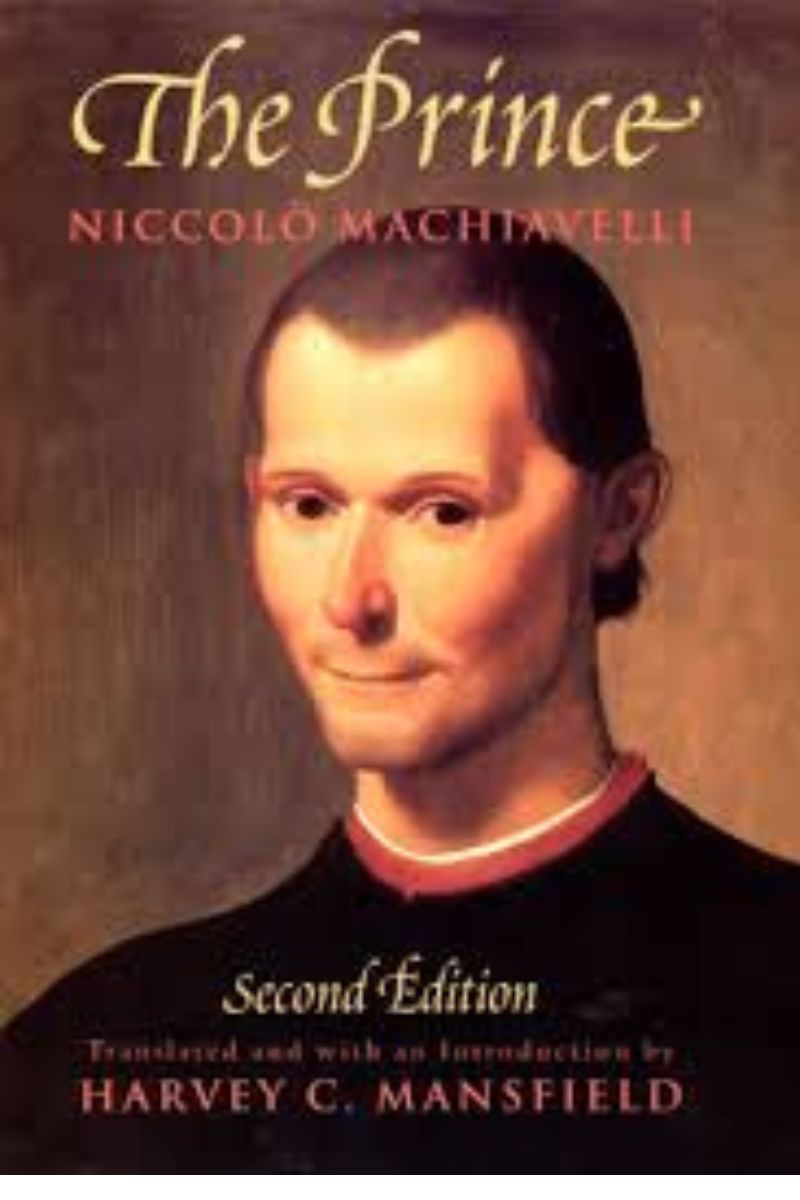
The Prince by Niccolò Machiavelli – Book Summary and Review
Introduction
Niccolò Machiavelli’s The Prince is not just a book — it’s a powerful political treatise that has shaped leadership, governance, and realpolitik thinking for over five centuries. If you’re a student of politics, history, or power dynamics, this book is an essential read.
Summary of The Prince:
Published in 1532, The Prince is a guide for rulers on how to gain, maintain, and expand power. Machiavelli discusses various types of principalities, military strategies, and leadership traits. He famously argues that “It is better to be feared than loved if one cannot be both,” giving rise to what is often called Machiavellian thinking.
Machiavelli does not present idealistic advice. Instead, he focuses on what actually works in the brutal world of politics — even if it’s immoral.
The book covers:
How to acquire political power
The use of cruelty and fear as tools of control
Dealing with allies and enemies
The role of fortune and personal ability (virtù)
Maintaining reputation while making ruthless decisions
Review: Is The Prince Still Relevant Today?
Absolutely. The Prince remains a timeless guide to understanding how power really works, not just in government, but in business and leadership too. Whether you agree or disagree with Machiavelli, you will find his logic uncomfortably honest.
Who Should Read It?
Students of political science and philosophy
Entrepreneurs and business leaders
Anyone interested in power, influence, and human behavior
Best Takeaway:
Sometimes doing the “right thing” may not get you the desired result — knowing when to act boldly or ruthlessly can change your fate.

Comments (0)